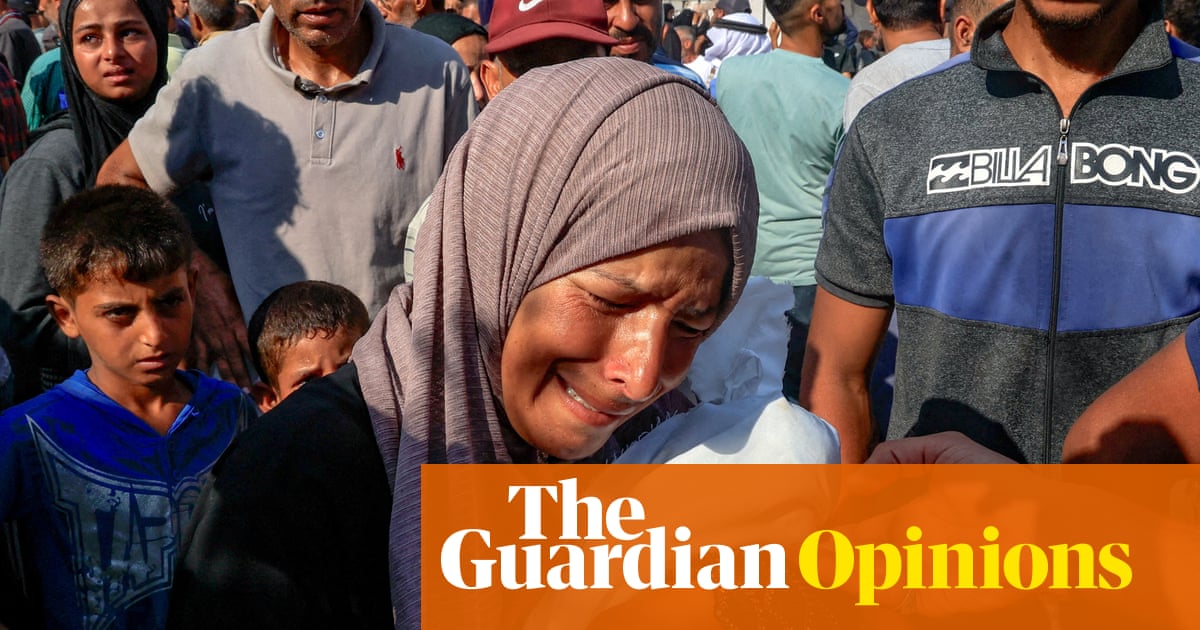
"The case for genocide in Gaza is compelling, yet there is resistance to acknowledging it due to Israel's identity as a refuge for Jewish genocide victims."
"Israel benefits from a halo effect associated with the Holocaust, complicating the acceptance of its own government's potential for committing genocide."
"Leaders weaponize the memory of past genocides to suppress criticism of contemporary atrocities, interpreting the vow of 'never again' as a justification for their actions."
"The experiences of Rwanda illustrate how acknowledging historical victimhood can lead to the perpetuation of mass violence and systematic oppression under the guise of protection."
Accepting the Israeli government's actions as genocide in Gaza faces opposition due to Israel's historical role as a refuge for Jewish victims. The term genocide is often misunderstood, leading to denial about current atrocities. This cognitive dissonance is reinforced by Israel's founding in response to the Holocaust, making backlash against its government more difficult. Leaders exploit past victimhood to justify current oppression, which can lead to cycles of violence, as seen in the Rwandan context where past horrors were used to silence dissent and justify further atrocities.
Read at www.theguardian.com
Unable to calculate read time
Collection
[
|
...
]